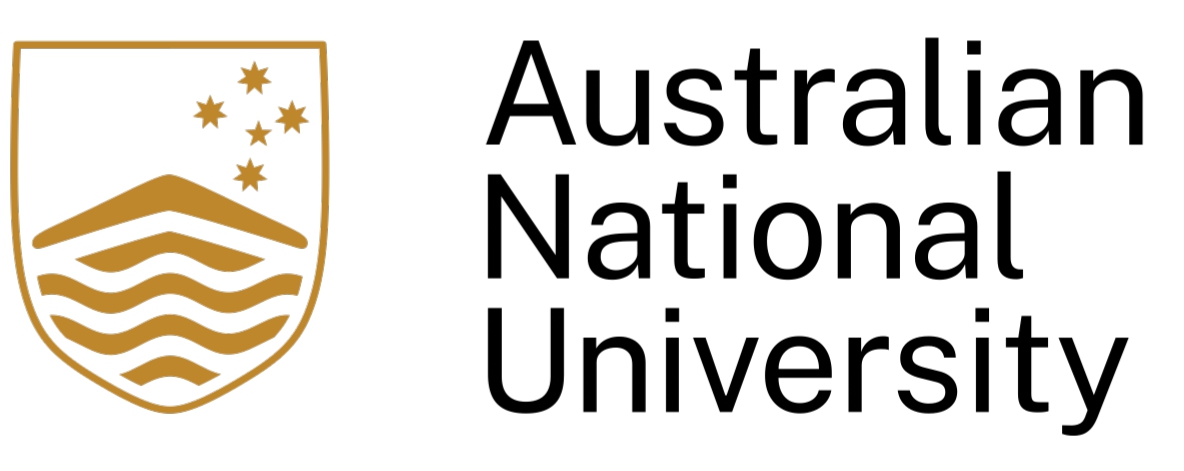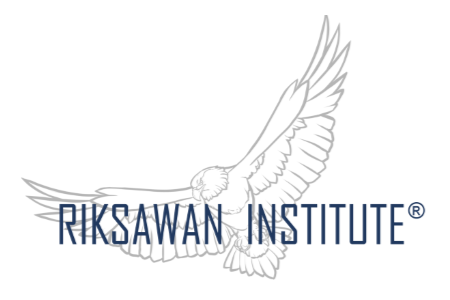Good Faith in the Business Judgment Rule As Grounds For Erasing the Unlawful Nature
Abstract
Abstract
Article 97 paragraph (5) of Law Number 40 Year 2007 on Limited Liability Company contains vague norm interpretation because it does not explicitly provide limitations on the meaning of good faith as one of the main requirements for the Board of Directors not to be liable for losses due to decisions taken. This research examines the meaning of good faith in the decision-making of the Board of Directors of state-owned companies, and whether good faith in the business judgment rule can be used as grounds for erasing the unlawful nature of corruption in state-owned companies. The research uses normative juridical method with statutory approach, concept approach, comparative approach and case approach. Legal materials are analyzed with descriptive analytical techniques, determining the meaning of legal rules, legal principles, and legal doctrines. The results of the study concluded that good faith in the business judgment rule is an honest and proper management action in the interests of the company that is not against the law and/or is not an act to take the opportunity for personal gain. Good faith in the business judgment rule can be grounds for erasing the unlawful nature of corruption crimes that harm state finances in state-owned companies (SOE), even though it is not explicitly regulated in the Criminal Law. The Indonesian legal system allows norms and principles outside of criminal law to be considered in legal judgment.
Keywords: Good Faith, Business Judgment Rule, Grounds for Erasure, The Unlawful Nature.



.jpg)
.jpg)
.jpg)
.jpg)


.jpg) .
.

.jpg)

.jpg)

.jpg)




